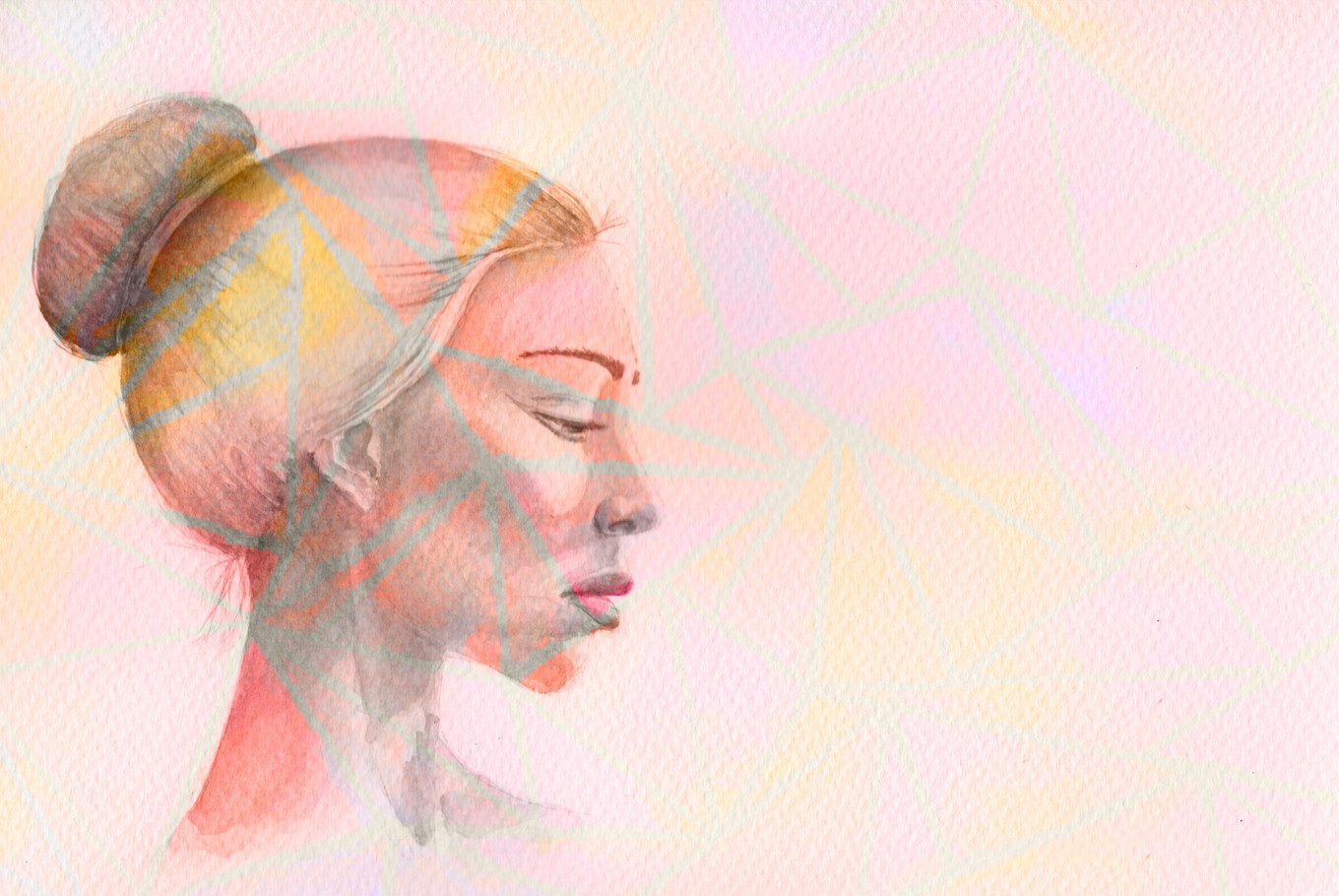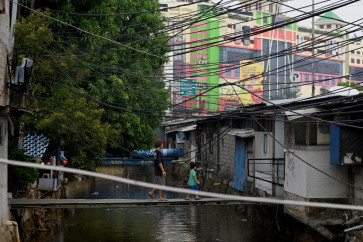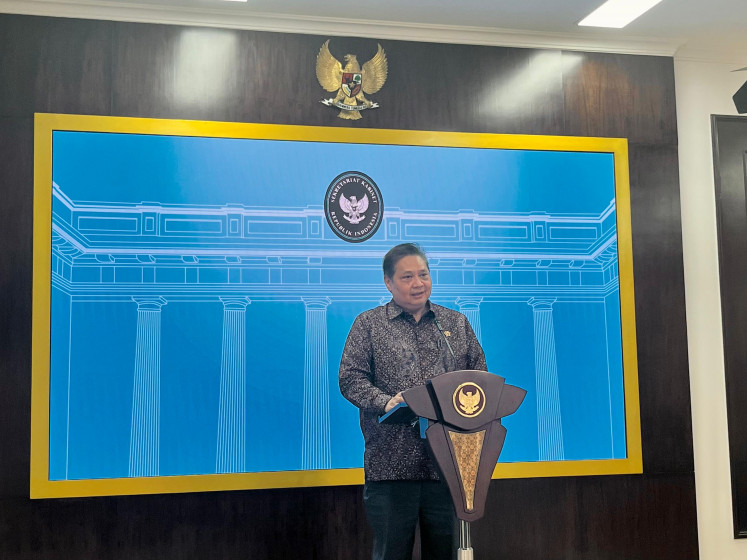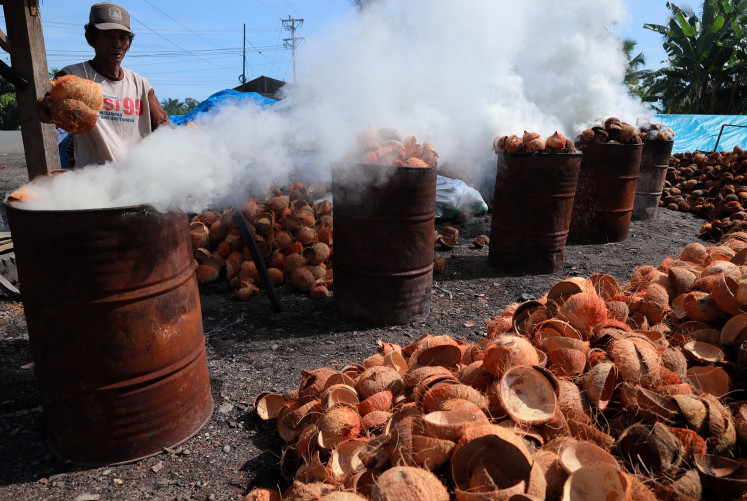'Islamization' of women's movement in Indonesia
We are witnessing overwhelming efforts to Islamize the nation’s feminist movement. To what does this Islamization refer, and how does it intersect with the aims of political Islam?
Change text size
Gift Premium Articles
to Anyone
 Kartini was considered to be Westernized and secular, rather than Islamic and “authentically” Indonesian. (Shutterstock/*)
Kartini was considered to be Westernized and secular, rather than Islamic and “authentically” Indonesian. (Shutterstock/*)
W
e are witnessing overwhelming efforts to Islamize the nation’s feminist movement. To what does this Islamization refer, and how does it intersect with the aims of political Islam?
On May 2, 1964, president Sukarno declared RA Kartini a heroine of independence and her birthday, April 21, was named Kartini Day, the national day of women’s liberation. The declaration laid claim to the women’s movement as an authentic, indigenously Indonesian idea, rather than one brought to the country by outsiders, including the Dutch colonizers.
This action contributed significantly to nation-building efforts; to show Indonesians and the world that the fledgling country had both the “inherent” resources and “domestic” capacity to liberate, emancipate and empower its women.
Second president Soeharto used Kartini Day as a symbol of women’s empowerment to encourage Indonesian women to participate actively of in national development programs.
These women were showcased as the “ideal Indonesian woman” that stood behind the government’s programs while happily maintaining their traditional roles of womanhood.
Throughout the post-Soeharto era, public debate increased over who had contributed the most to improving women’s rights and empowerment.
Along with the rise of political Islam and their intent to adopt their interpretation of sharia in state laws and in daily practice, groups such as Hizbut Tahrir Indonesia, supporters of the Islam-oriented Prosperous Justice Party and others have been campaigning for official recognition of Islam’s strong contribution to the women’s rights movement.
“Islamization” here refers to part of the political Islamist agenda which attempts to replace more dominant “secular” and “liberal” ideas of women’s rights and gender equality with norms and ideals believed to be “Islamic”.
Such groups view the declaration of Kartini as the heroine of both the nationalist movement and women’s emancipation as a political maneuver to highlight the secular nationalism that had abandoned “Islamic nationalism”.
Kartini came from a non-religious Javanese aristocratic family, while her ideas on women’s liberation were thought to be greatly influenced by her close friendship with Dutch figures like J.H. Abendanon. Kartini was considered to be Westernized and secular, rather than Islamic and “authentically” Indonesian.
To replace the dominant image of Kartini as a symbol of the national emancipation movement, these Islamic groups have attempted to campaign for more “Islamic” figures such as Nyai Ahmad Dahlan, Rohana Kudus, Rasuna Said and Tjut Nyak Dien.
A historical reinterpretation even attempts to Islamize Kartini. She apparently studied Islam under Kyai Saleh Darat, a Muslim cleric of noble birth in her hometown, and even built a critical view on women’s conditions under an Islamic framework from her Islamic studies.
The claims are inseparable from the ongoing struggle of Islamic groups to increase Muslim dominance in Indonesia’s social and political life. They seek to ensure that gender norms and gender justice derive from a patriarchal interpretation of Islam.
Secular and Westernized gender norms are seen as contradictory to Islam and cannot be applied in Indonesia, the largest country with a Muslim-majority population.
In Aceh, for instance, some groups say Kartini should not be the role model for “a good Indonesian” and “a good Acehnese”. Hence, a major issue in the Islamization of the national women’s movement is its projection of “good” and “bad” citizens.
This categorization implies that only a very specific, conservative, patriarchal interpretation of gender is valid. Such campaigns also imply that only a particular Islamic group or groups have the authority to determine who is good and bad in terms of gender.
It is hard to find that diverse sexual identities are being accommodated under the conservative, Islamist gender regime.
As reflected in the attempts to criminalize consensual homosexual relations, such efforts challenge Indonesia’s feminist movement on its never-ending agenda to liberate women from gender injustice and sexual oppression.
To respond to this “Islamization” of Indonesia’s feminist movement, women’s groups should continue to highlight how feminism is compatible with Islam’s fundamental message of humanity. More studies are needed into female figures who are Muslim and their ideas on emancipation with reference to critical views on Islam. For example, the feminist interpretation of the Quranic verses on homosexuality leads to an understanding that Islam protects the rights of homosexuals.
Likewise, the feminist interpretation of polygamy also concludes that the verses do not encourage polygamy, as the practice tends to lead to violence against women. The struggle of the national women’s movement cannot be merely part of the political ideology agenda.
***
The writer is a doctoral student of anthropology at the State University of New York. He is preparing a research paper on Islamic fundamentalism and the politics of gender in contemporary Indonesia.









